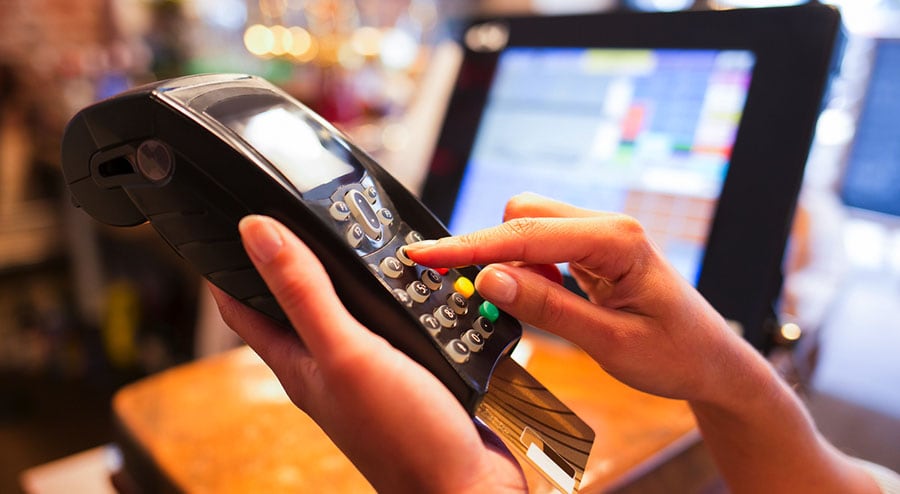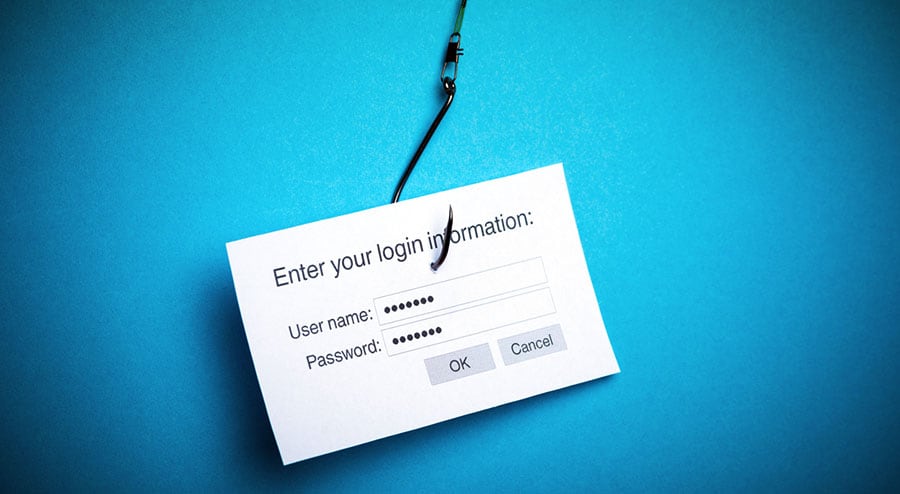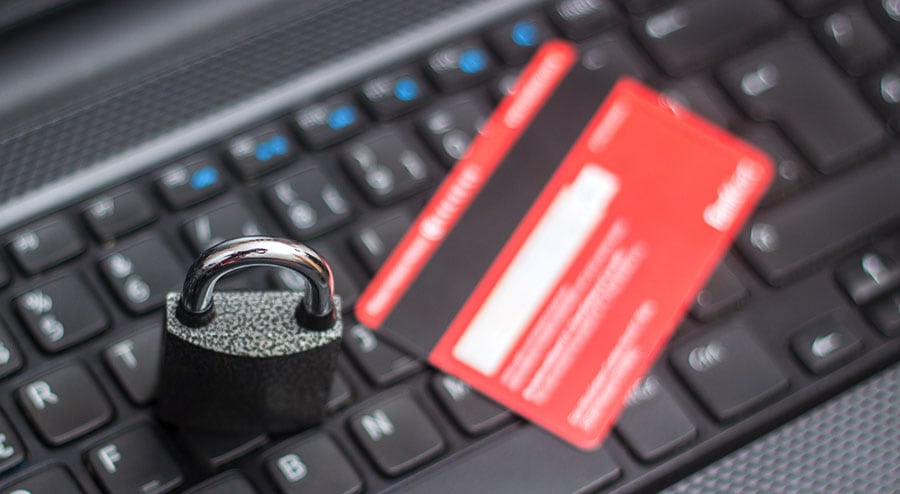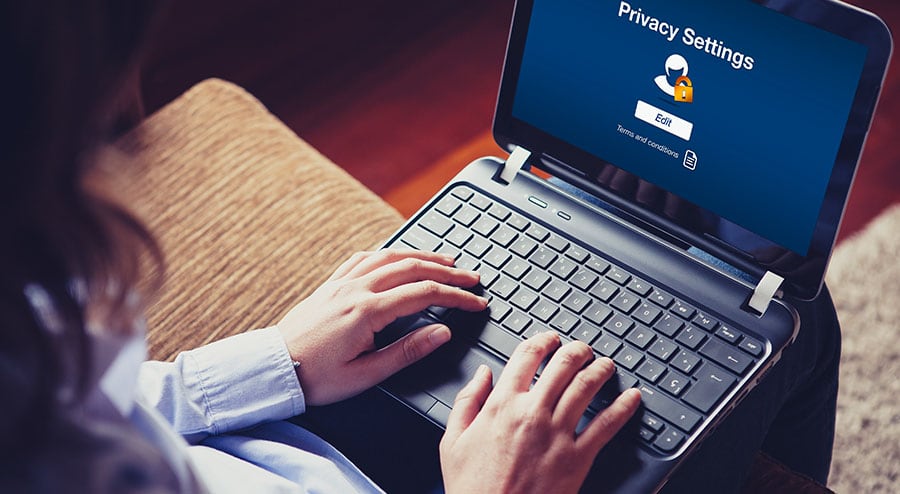As much as this is not meant to scare, it is important to understand the extent to which people will go to get what they want from you. Identity theft is by far one of the most costly experiences you can ever go through, especially if you do not catch it in time. Let’s take a look at examples of big hacking jobs that have occurred in 2017 alone:
- Shadow Brokers attack: An elite group of hackers calling themselves Shadow Brokers claimed to have hacked the NSA and attempted to auction off the data mined from that attack.
- WannaCry: This ransomware that was spread across the globe attacked major public utilities and large corporations such as the National Health Service in Britain. This caused a lot of delays and mix-up in emergency rooms and vital medical procedures.
- WikiLeaks CIA Vault 7: Perhaps the most famous hack of the CIA, WikiLeaks informed the world on vulnerabilities that existed in the iOS system, Android and even how spy agencies can turn our TVs into listening devices.
- The Home Depot hack: This compromised over 56 million payment cards and was apparently worse than the breach that happened at Target.
Although these hacks can in no way be compared to identity theft, mostly because they targeted corporation and not individuals, the fact that they happened goes to show you that anyone is vulnerable. Imagine just how much cybersecurity protocols the NSA and the CIA have in place? What about all those big corporations that spend billions of dollars each year on cybersecurity? If they can be hacked, there is a good chance that you can be hacked too.
The Risk of Identity Theft

There was a study conducted by Javelin Strategy & Research in 2017 on identity theft. The study found that:
- 4 million Americans suffered from the effects of identity theft with a collective $16 billion being stolen in 2016.
- 1 million Americans suffered from the effects of identity theft with a collective $15.3 billion being stolen in 2015.
As it is evident from these findings, the number of identity theft victims is on the rise. This is despite the fact that new microchip-equipped credit cards were introduced in 2015. This sort of made the cards a bit more difficult to counterfeit. Criminals became more innovative and decided to target new accounts whereby they open a credit card account using a victim’s stolen personal information, such as their social security number, driver license number, and bank account details. As this tweet shows, this is no laughing matter: https://twitter.com/CuteDogPlcs/status/935576578746208256
How To Deal with Identity Theft and Credit Card Fraud
As soon as you realize that you are a victim of credit card fraud, there are certain steps that you should take to ensure that you go back to business as usual as soon as you can. Here is what you need to do:
- Contact your card issuer: The moment you notice suspicious activity by potential criminals on your account, you should contact your card issuer immediately. The various fraud departments are fully equipped to deal with this sort of situation and they will help you stop any further damage to your account and credit.
- File a police report: The next thing to do is to file a police report with your local department. You will need a copy of the report to prove that you took steps to regain control of your account. It might also come in handy when dealing with creditors as well as when filing an Identity Theft Report.
- Contact the various credit bureaus: You should always file a ‘fraud alert’ with the various (3) credit card bureaus. This report will immediately put an end to the fraudsters opening up any additional accounts with your stolen data. These fraud reports will also ensure that the various bureaus contact you any time new accounts are opened in your name. You should not that just making one phone to any of the three credit rating bureaus will be enough to place the alert. The company you contact is required by law to contact the remaining two on your behalf within 24 hours.
- Contact the FTC and file a complaint (FTC): This is your hub for all identity theft cases. The FTC provides information to fraud victims and refers your complaints to all the necessary law enforcement and credit reporting agencies. This is your best bet for further action to be taken by all the necessary agencies. Once you contact the FTC, you can rest assured that your details will be shared with the appropriate authorities.
These are the steps you need to take once you realize that something is amiss with your financial activity. But before you get to that point, it is imperative to protect yourself from credit card fraud. For this, there are several other steps you need to take.
How Can You Protect Yourself From Identity Theft?
As much as financial institutions and corporations have taken measures to protect their customers from identity theft, there are just some things that they cannot do. Cases like the Home Depot and Target hacks might have been out of your hands as a customer. That doesn’t mean that there aren’t other identity theft incidences that occur due to customer error. With that in mind, here are some things that you can do to protect yourself from credit card theft:
Frequently Check Your Bank Account And Credit Card Activity Online
For most people, the only way they realize they have been a victim of credit card fraud is when they go shopping and find that they have reached their limit without really having done anything reckless. Only then do they realize that someone has been using their card to fly around the world and buy frivolous items like jet skis and hovercrafts. By this time, it is always too late and the suffering has begun. To avoid this, you should make it a habit to check your banking and credit card activity online. Every bank has this option, all you have to do is sign up for it and log in frequently. You will be able to detect suspicious activity much faster this way as opposed to waiting for your print statement in the mail. In addition, change your pin number regularly and make sure you have good anti-virus software that has two-factor authentication on your laptop and Android devices.

Get As Many Free Credit Reports As You Can Each Year
You can get free credit reports from each one of the credit rating bureaus. Additionally, you are entitled to a free report each year once you file a 90-day fraud alert. If you have ever been a victim of fraud, you are advised to file this report every 90 days, although it would be good practice to do so even if you haven’t suffered an attack. These reports will alert you whenever there is suspicious behavior on any one of your financial accounts so that you can take the appropriate action.
Only Use Your Debit Card With PCI-DSS Compliant Merchants

Payment Card Industry Data Security Standard (PCI DSS) is the most basic of security measures that is used to protect your data from identity thieves. If a merchant isn’t compliant, then your best bet is to either pay cash or use your credit card instead of debit card. The main reason for this is so that you protect your debit card which, if compromised, could lead to an assortment of issues including bounced checks and the penalties that come with them.
Avoid Using the Same Passwords for Everything
As much as it makes it easier to remember the various passwords to all your financial platforms and emails, using the same password for everything makes it extremely easy for identity thieves to capture your data and use that for fraud. Make it a habit to change your passwords frequently and use difficult, non-obvious options when protecting your banking platforms.
Always Demand New Credit and Debit Cards If You Have Been a Victim of Credit Card Fraud
Should you realize that your data has been breached and that you are now a victim of identity theft, do not take chances and assume that some of your cards are still okay. You should shut all of them down and demand new ones from the various financial institutions immediately. This is your right and if any institution is not willing to do that then maybe you shouldn’t be doing business with them.
Keep an Eye Out for Post-Breach Phishing Attempts

In most cases, hackers and fraudsters don’t get everything they need to execute the financial and identity theft they want to while using your details. In these cases, they often send out phishing emails to try and get your passwords and additional information. They will also call and ask for pertinent information such as your mother’s maiden name, your date of birth, social security number, and account username. They will do these while posing as a representative of your card issuer. The best thing to do in this case is to hang up and call the bank back to see if they really need your details. Even then, it is not wise to give out that kind of information over the phone. It takes a great deal of vigilance and knowing all the right things you need to do to keep yourself from suffering the effects of credit card fraud. These tips should help you keep your information safe.
Sources
- https://www.consumer.ftc.gov/articles/0216-protecting-against-credit-card-fraud
- https://www.investopedia.com/articles/insights/020917/how-protect-yourself-credit-card-fraud.asp
- https://creditcards.usnews.com/how-to-protect-yourself-from-credit-card-fraud
- https://www.lifelock.com/education/help-protect-yourself-from-credit-card-fraud/
- https://www.consumerreports.org/cro/news/2014/09/protect-against-credit-card-fraud-now/index.htm
- https://www.rbcadvicecentre.com/how-to-protect-yourself-from-credit-card-fraud
- https://www.forbes.com/sites/nextavenue/2016/09/14/identity-theft-how-to-protect-yourself-or-resolve-it/#77e2652333b4





